Description
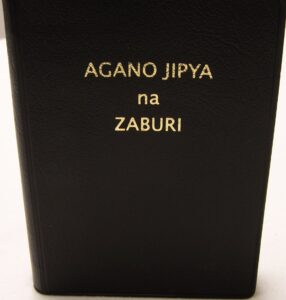 Agano Jipya na zaburi is the New Testament in Swahili (Kiswahili). This offering is a translation of the Good News edition.
Agano Jipya na zaburi is the New Testament in Swahili (Kiswahili). This offering is a translation of the Good News edition.
Swahili, also known as Kiswahili (translation: language of the Swahili people), is a Bantu language and the first language of the Swahili people. It is a lingua franca of the African Great Lakes region and other parts of eastern and south-eastern Africa, including Tanzania, Kenya, Uganda, Rwanda, Burundi, Mozambique, and the Democratic Republic of the Congo (DRC). Comorian, spoken in the Comoros Islands is sometimes considered to be a dialect of Swahili, though other authorities consider it a distinct language.
The exact number of Swahili speakers, be it native or second-language speakers, is unknown and a matter of debate. Various estimates have been put forward and they vary widely, from 50 million to over 100 million. Swahili serves as a national language of four nations: Tanzania, Kenya, Uganda, and the DRC. Shikomor, the official language in Comoros and also spoken in Mayotte (Shimaore), is related to Swahili. Swahili is also one of the working languages of the African Union and officially recognised as a lingua franca of the East African Community.
A significant fraction of Swahili vocabulary derives from Arabic through contact with Persian-speaking Muslim inhabitants. For example, the Swahili word for “book” is kitabu, traceable back to the Arabic word كتاب kitābu (from the root k.t.b. “write”). However, the Swahili plural form of this word (“books”) is vitabu, following Bantu grammar in which ki- is reanalysed as a nominal class prefix, whose plural is vi-.

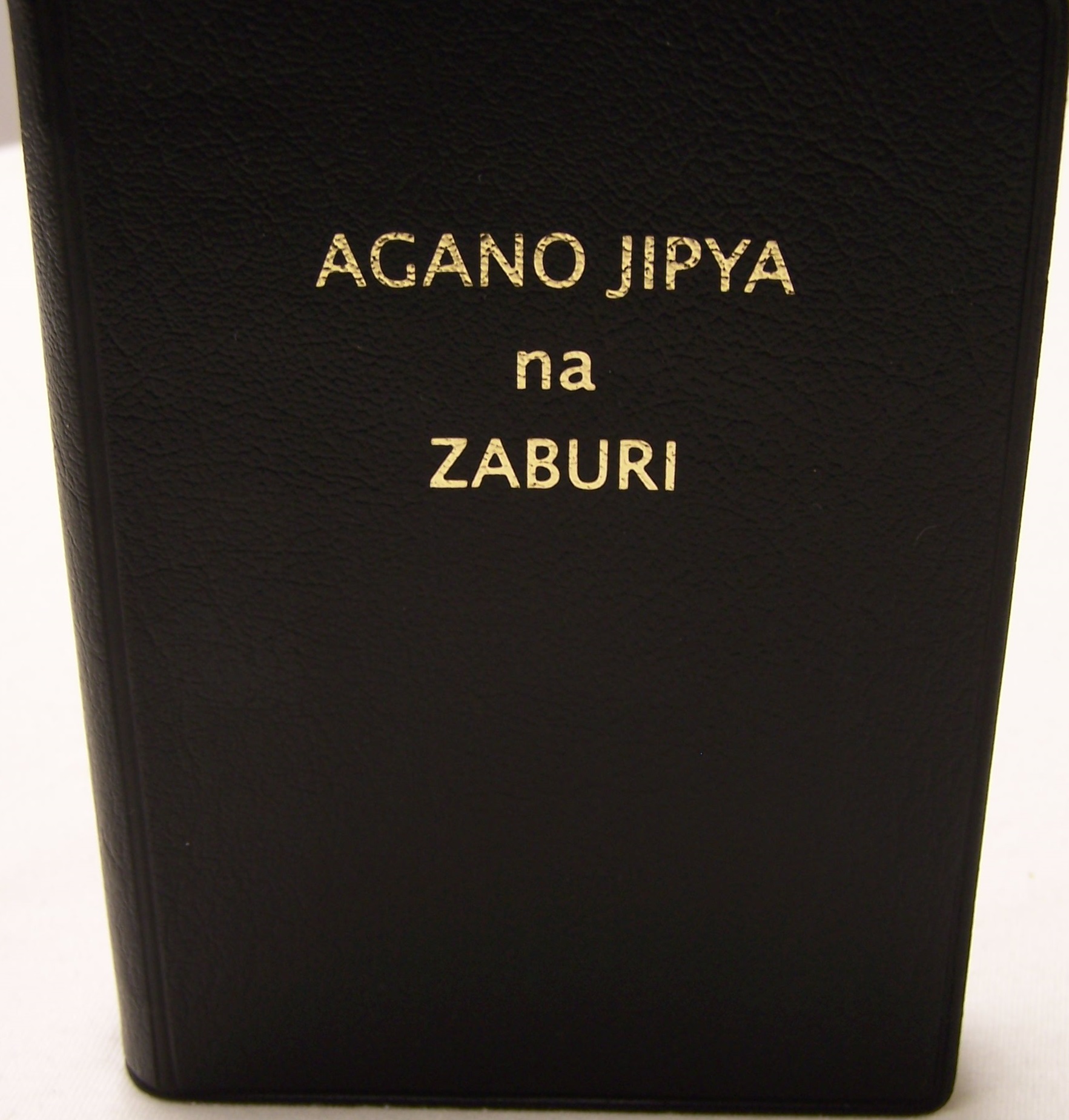
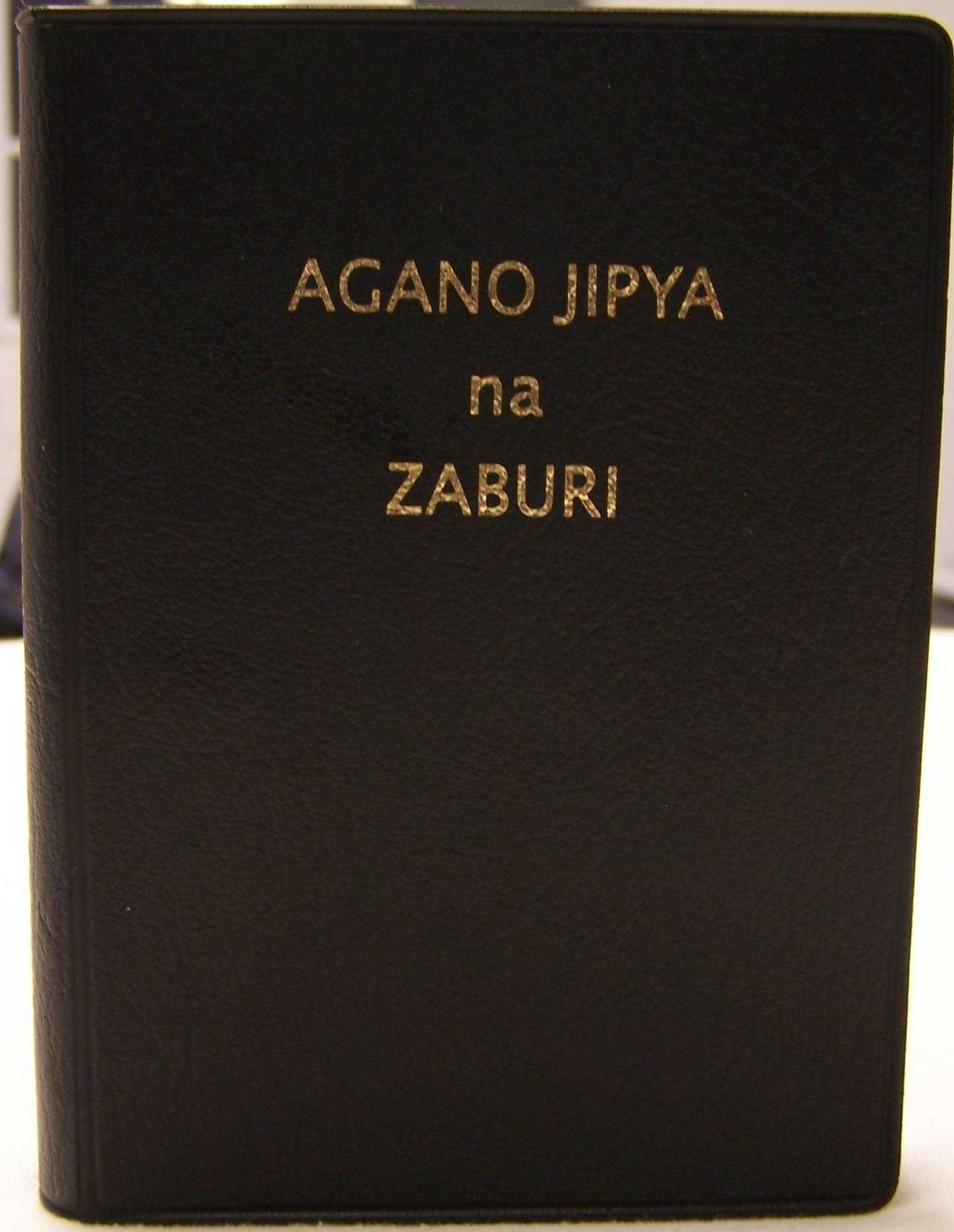
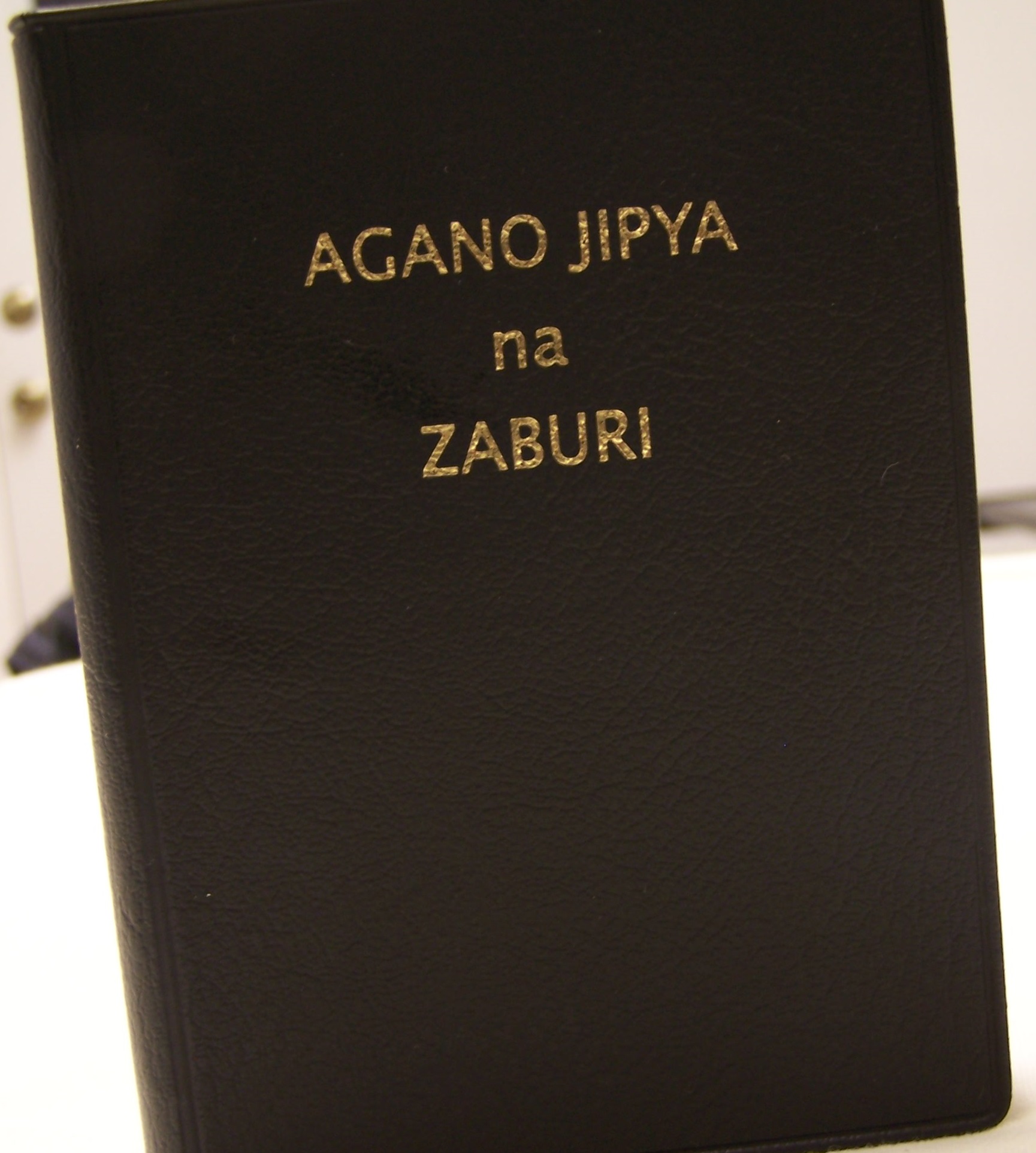
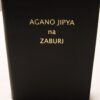
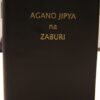
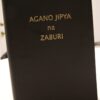
Reviews
There are no reviews yet.